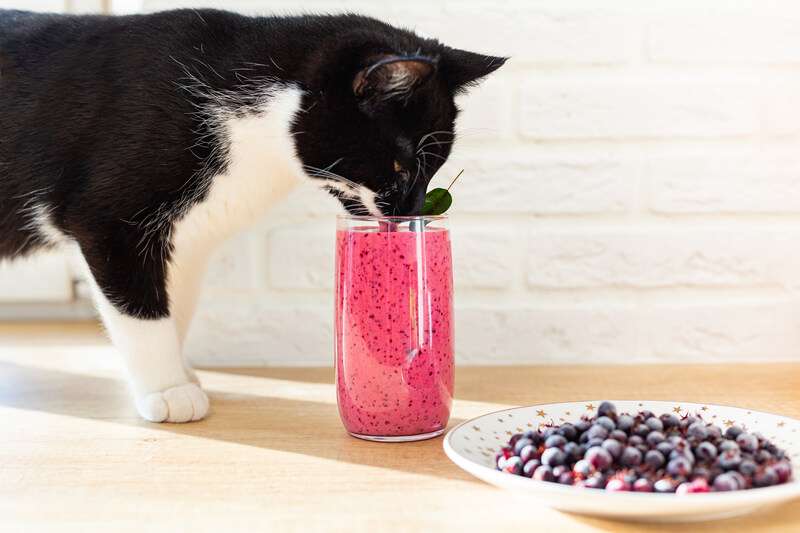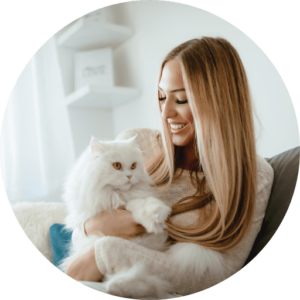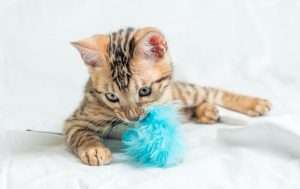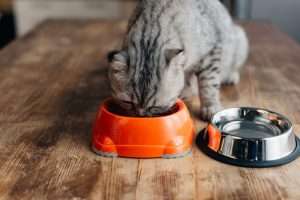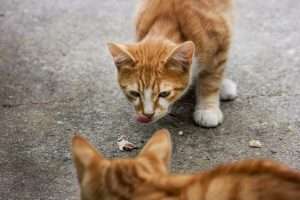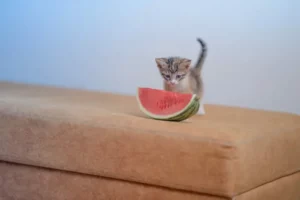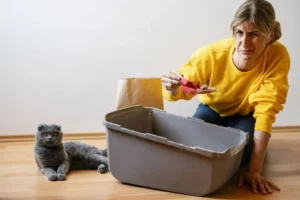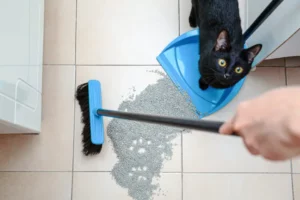Table of Contents
Can cats drink Gatorade? This is a common question that many cat owners have. Hydration is essential for cats, and providing them with access to clean water is crucial. However, sometimes cats can be picky about their water source, and pet owners may look for alternative ways to hydrate their feline friends. Gatorade is a popular sports drink that contains electrolytes and carbohydrates, which are essential for humans who engage in physical activity. But is it safe for cats to drink? In this article, we will explore whether cats can drink Gatorade and the potential risks and benefits of doing so.
Hydration is crucial for cats as it helps maintain their overall health and well-being. Cats require a daily intake of water to help regulate their body temperature, support their organs, and aid in digestion. However, many cats are known to be picky about their water sources, and it can be challenging to get them to drink enough water. This is where pet owners may consider alternative methods of hydrating their cats. However, it’s essential to know which options are safe and which are not. In this article, we will discuss the topic of whether cats can drink Gatorade and provide some valuable information to help you make an informed decision.
The Nutritional Value of Gatorade
Gatorade is a popular sports drink that is designed to rehydrate and replenish electrolytes lost during exercise. It is formulated for human consumption and is not recommended for cats. While Gatorade contains some vitamins and minerals that can be beneficial for humans, its nutritional value is not appropriate for feline consumption.
Cats have different nutritional requirements than humans and need a diet that is high in protein, moderate in fat, and low in carbohydrates. Gatorade is high in sugar and carbohydrates, which can cause digestive upset and potentially lead to obesity in cats. Additionally, cats do not require the same electrolyte balance as humans and can regulate their hydration needs through their diet.
Feeding Gatorade to cats can also have potential risks and harm. The high sugar content in Gatorade can cause dehydration in cats by pulling water from the cells in their body, leading to a lack of proper hydration. Electrolyte imbalances can also occur, causing issues with the heart and other organs in the body.
Overall, it is important to provide cats with a balanced diet and appropriate hydration options that meet their specific nutritional needs. Gatorade should not be given to cats, as it is not an appropriate drink choice for their health and well-being.
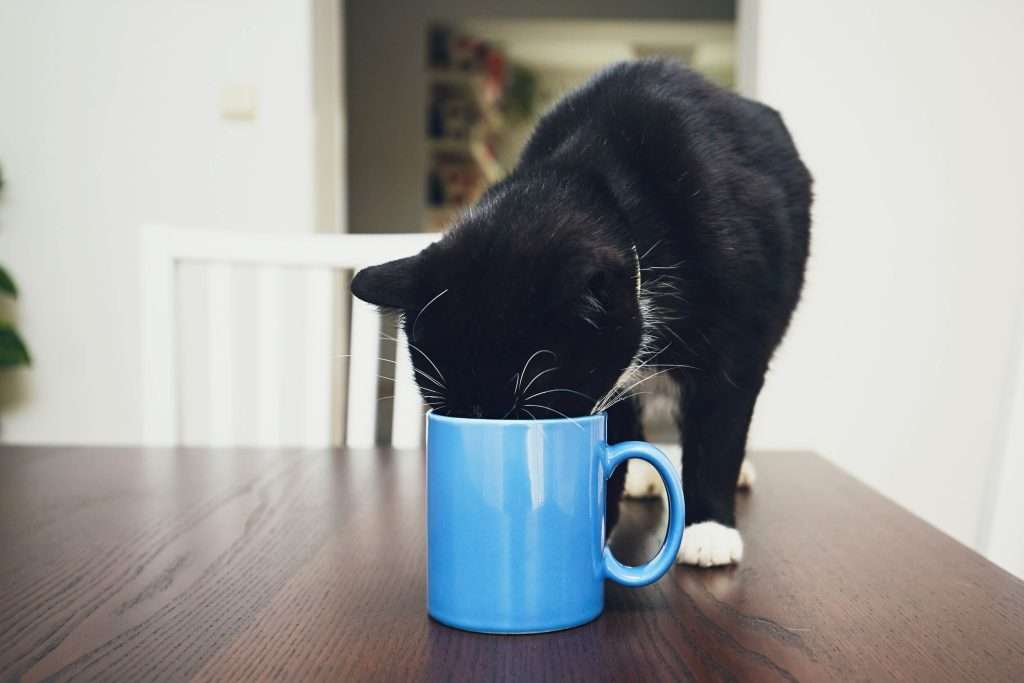
Can Cats Drink Gatorade?
Gatorade is a sports drink that is designed for humans to help them replenish their fluids and electrolytes after an intense workout or physical activity. While Gatorade can be a beneficial drink for humans, it is not recommended for cats.
Cats are obligate carnivores, which means they require a high-protein diet that consists of meat, water, and essential nutrients. Unlike humans, cats do not have a strong thirst drive, and they obtain most of their hydration from the food they eat. Additionally, cats have different nutritional requirements than humans and require specific nutrients that are only found in meat-based diets.
Feeding Gatorade to cats can be harmful and can lead to serious health complications. Gatorade contains high levels of sugar, artificial sweeteners, and other additives that are not appropriate for feline consumption. Cats are not able to digest and metabolize these ingredients efficiently, and they may cause digestive problems, such as diarrhea, vomiting, and dehydration.
Gatorade also contains high levels of electrolytes, including sodium and potassium, which can be dangerous for cats. Excessive amounts of these electrolytes can lead to electrolyte imbalances, which can cause dehydration, kidney damage, and other health problems.
While there may be exceptions where Gatorade is recommended for cats, such as in cases of severe dehydration or illness, it is best to avoid feeding Gatorade to cats unless directed by a veterinarian.
It is important to ensure that cats are getting enough water in their diets to maintain proper hydration. This can be achieved by providing cats with fresh, clean water at all times and feeding them a balanced diet that contains moisture-rich foods. Wet cat food, for example, can be an excellent source of hydration for cats, as it contains a high percentage of water. In some cases, cats may also benefit from drinking water that is flavored with a small amount of low-sodium chicken or beef broth, as long as it is done in moderation and under the guidance of a veterinarian.
In conclusion, Gatorade is not recommended for cats, and it is important to ensure that cats are receiving adequate hydration from their diets. If you have any questions or concerns about your cat’s hydration or nutrition, speak with your veterinarian for guidance and recommendations.
Alternatives to Gatorade for Cats
While Gatorade is not a safe drink choice for cats, there are plenty of alternatives that can provide hydration and necessary nutrients. Here are some alternative drinks that are safer for cats to drink:
Water: As mentioned earlier, water is the best drink choice for cats. Ensure that your cat has access to clean and fresh water at all times. Cats prefer to drink water from a clean and shallow bowl, so make sure to clean and refill the bowl daily.
Bone broth: Bone broth is an excellent source of hydration and can also provide essential nutrients such as collagen, glucosamine, and chondroitin. You can either make your own bone broth or purchase it from a pet store. Make sure to choose a bone broth that is specifically made for cats and does not contain any harmful additives.
Lactose-free milk: Cats love the taste of milk, but many cats are lactose intolerant, which can cause digestive issues. Lactose-free milk is a great alternative that is easy to digest and can provide hydration and nutrients such as calcium and protein.
Encouraging your cat to drink more water is essential for their overall health and well-being. Here are some tips on how to get your cat to drink more water:
Offer a variety of water sources: Cats may prefer to drink from a particular type of bowl or prefer running water. Try offering different types of water sources such as a shallow bowl, a water fountain, or a dripping faucet.
Add flavor to water: Some cats may be more inclined to drink water that has a taste. You can add a small amount of tuna juice or chicken broth to your cat’s water to make it more enticing.
Wet food: Feeding your cat wet food can also increase their water intake, as wet food has a higher water content than dry food.
It is important to monitor your cat’s water intake and hydration levels, especially during hot weather or if your cat is recovering from an illness. Signs of dehydration in cats include lethargy, sunken eyes, dry gums, and loss of skin elasticity. If you suspect that your cat may be dehydrated, contact your veterinarian immediately.
In conclusion, while Gatorade may seem like a refreshing drink, it is not a safe choice for cats. Providing your cat with access to clean and fresh water, bone broth, and lactose-free milk can provide hydration and essential nutrients. Encouraging your cat to drink more water and monitoring their hydration levels can also contribute to their overall health and well-being.
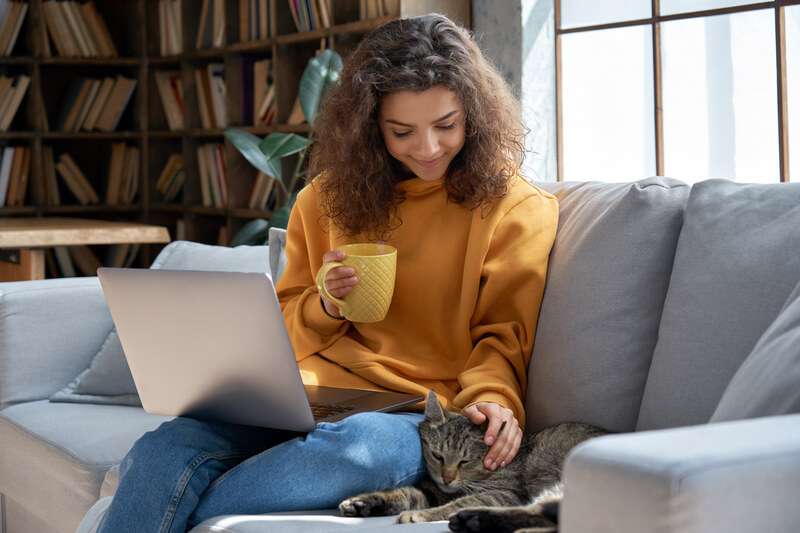
FAQs
No, there are no flavors of Gatorade that are safe for cats to drink. Gatorade contains high levels of sugar, sodium, and other additives that can be harmful to cats, regardless of the flavor.
While Gatorade is designed to replenish electrolytes in humans during intense physical activity or illness, it is not recommended for cats. Cats have different nutritional needs than humans, and Gatorade can actually do more harm than good by upsetting the electrolyte balance in cats and potentially leading to dehydration.
No, it is not okay to give your cat Gatorade as a treat. Cats do not require the same level of electrolyte replenishment as humans do, and the high sugar content in Gatorade can cause digestive upset and potentially lead to obesity and other health problems.
Gatorade is not a suitable source of nutrients for cats. While it contains some electrolytes, vitamins, and minerals, these nutrients are not in the proper balance or form to meet a cat's nutritional needs.
Signs of dehydration in cats can include dry mouth and nose, sunken eyes, lethargy, loss of appetite, and decreased urine output. If you suspect your cat is dehydrated, it's important to seek veterinary care immediately, as dehydration can be a serious health concern for cats.
Conclusion
In conclusion, it is important to understand what drinks are safe for cats to consume to keep them hydrated and healthy. Gatorade, although popular for humans, is not an appropriate choice for felines as it can lead to digestive problems and electrolyte imbalances. Water, bone broth, and lactose-free milk are all safer alternatives that can help keep cats hydrated and provide them with necessary nutrients.
It is important to monitor your cat’s water intake and hydration levels, as dehydration can have serious health consequences for cats. Providing fresh water and encouraging them to drink by adding flavorings or using a pet fountain can help prevent dehydration.
Remember to always consult with your veterinarian before making any changes to your cat’s diet or hydration routine. If you suspect your cat is dehydrated or showing signs of illness, seek veterinary care immediately. With proper hydration and care, your cat can enjoy a healthy and happy life.


